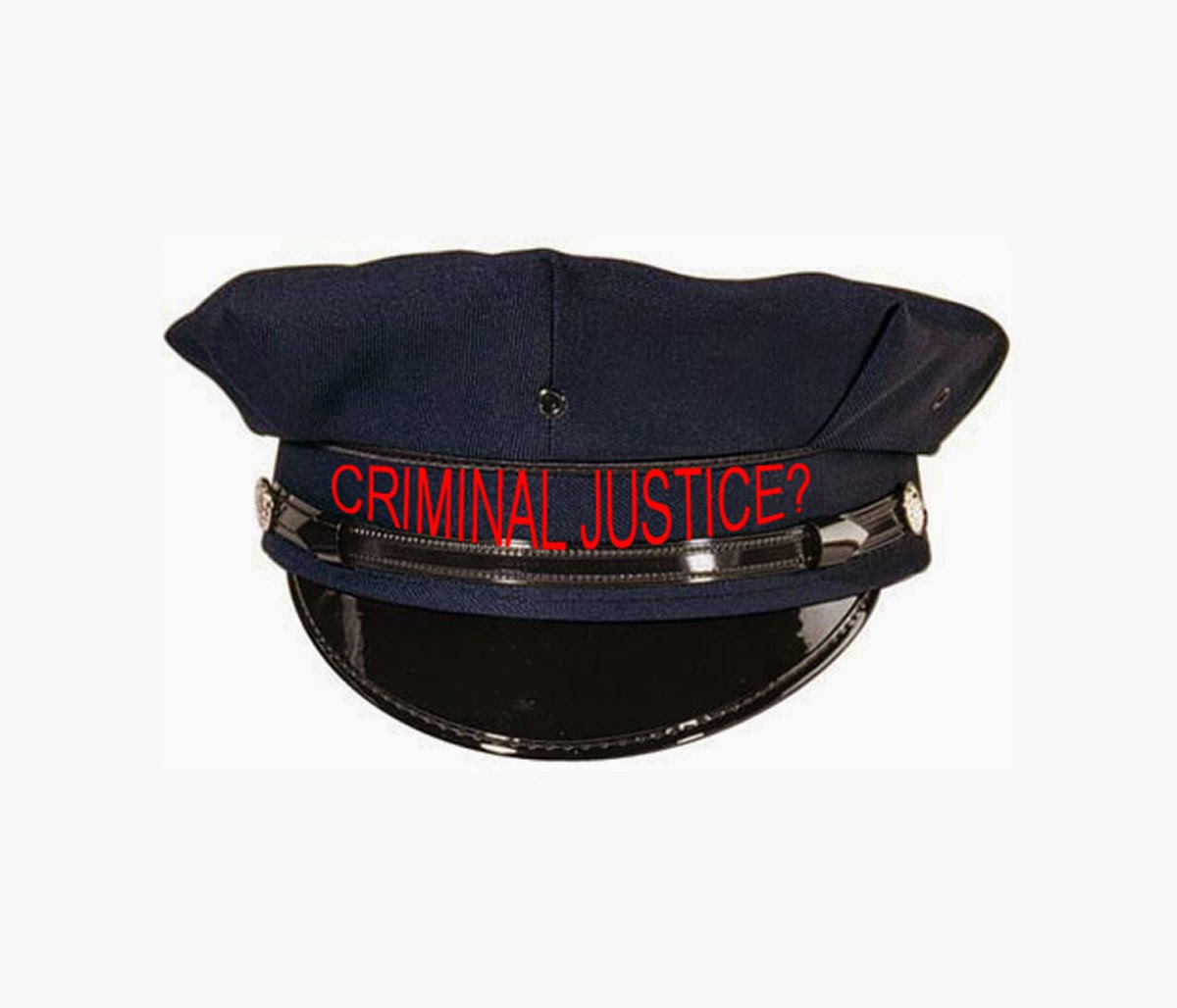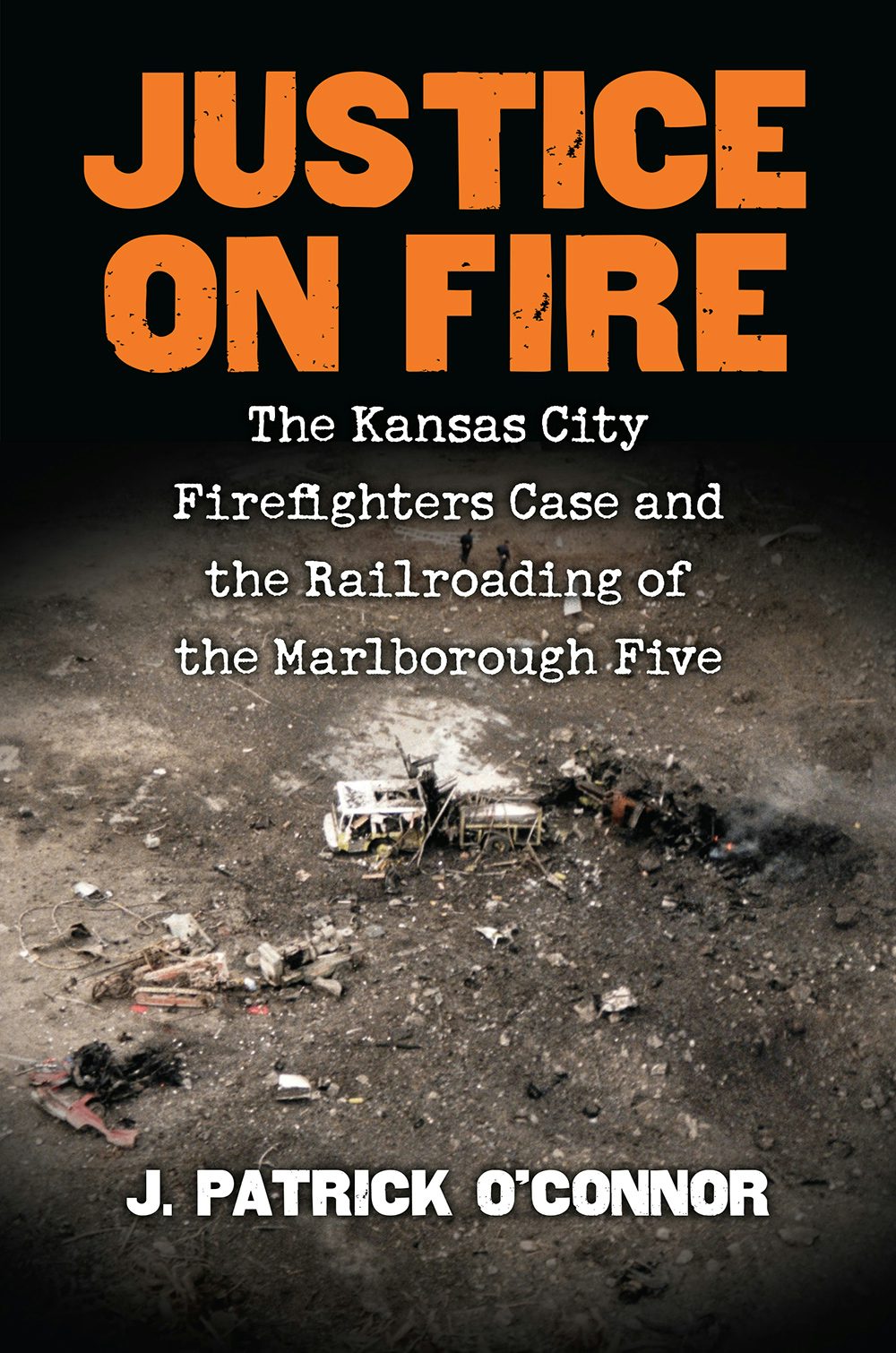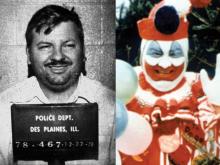Baltimore residents are asking if black lives matter, now that a suspect who was mortally wounded while in police custody has died of his injuries at a trauma hospital.
Although the arresting officers of the late Freddie Gray have taken the fifth and a departmental oath of silence, it’s clear they’re somehow responsible for the 25-year-old’s premature demise this week.
They’ve also either declined to release dash-cam footage of the incident or are outright implying it doesn’t exist.
And whatever else they do want to say about the obviously lethal confrontation of April 12th 2015 sounds like a pack of lies as well.

What can’t be covered from view, though, is that Freddie Gray, a young Afro-American male, died of complications from a broken neck which doctors at the University of Maryland’s trauma center say was the result of his spine being almost completely severed.
Yet the BPD patrolmen who’d originally transported him via squad car to their stationhouse -- and thereafter to an emergency room in critical condition -- insist the entire “brief” time they detained Gray he was all right.
So, however the suspect’s neck got mangled, and his subsequent death, is somehow just a great big mystery now. One that’s got the Police Commissioner “assembling a hybrid taskforce” to sort it all out.
What isn’t a best-kept secret, however, is that the infamous Baltimore Police Department has one of the highest rates of misconduct in the nation. In the year 2010, nudging itself up to the number 15 spot on Cato Institute’s list of top municipal offenders having a force of 1000 officers or more.
Those cop crimes run the gamut, by the way, including rape, drugs, assault, and even homicide.
Which means, maybe Baltimore’s irate citizenry shouldn’t only be asking their public officials whether black lives matter in their besieged city, but whether anybody’s does.








